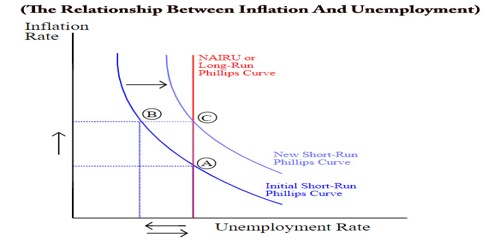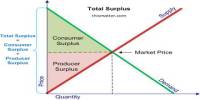Sovereign default occurs when a government is unable or unwilling to meet its debt obligations, which means it is unable to repay the principal and interest on its outstanding debt. This can happen for a variety of reasons, including economic downturns, political instability, and fiscal mismanagement. When a sovereign default occurs, it can have significant consequences for the country and its citizens, as well as for the global financial system.
Occurrence
A sovereign default occurs when a sovereign state’s government fails or refuses to repay its debt in full when it is due. The cessation of due payments (or receivables) may be accompanied by a formal declaration by that government that it will not pay (or only partially pay) its debts (repudiation), or it may be unannounced. Capital, interest, extraneous and procedural defaults, and failures to comply with the terms of bonds or other debt instruments will all be considered by a credit rating agency.
Through inflation, countries have been able to escape some of the real burden of their debt. This is not a “default” in the traditional sense because the debt is honored, albeit with less real value currency. Governments occasionally devalue their currency. This can be accomplished by printing more money to pay off their own debts, or by ending or changing the fixed-rate convertibility of their currencies into precious metals or foreign currency. This is often defined as an extraneous or procedural default (breach) of the terms of the contracts or other instruments, which is more difficult to quantify than an interest or capital default.
The consequences of a sovereign default can include:
- Loss of access to credit: If a country defaults on its debt, it may find it difficult or impossible to borrow money in the future. This can make it difficult to finance essential services and infrastructure, and can lead to economic stagnation.
- Currency devaluation: A sovereign default can lead to a devaluation of the country’s currency, which can make imports more expensive and reduce the country’s purchasing power.
- Economic contraction: A sovereign default can lead to a contraction in the economy, as investors become more cautious and businesses reduce investment.
- Social unrest: If a country defaults on its debt, it may be forced to implement austerity measures or other unpopular policies, which can lead to social unrest and political instability.
- Contagion: A sovereign default can also have a spillover effect on other countries and financial institutions, leading to a wider financial crisis.
Governments often try to avoid sovereign defaults by implementing fiscal and monetary policies to promote economic growth and stability, as well as by negotiating debt restructuring agreements with their creditors. However, in some cases, a sovereign default may be unavoidable, particularly if the country is already facing significant economic and political challenges.
















